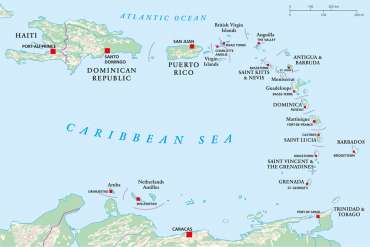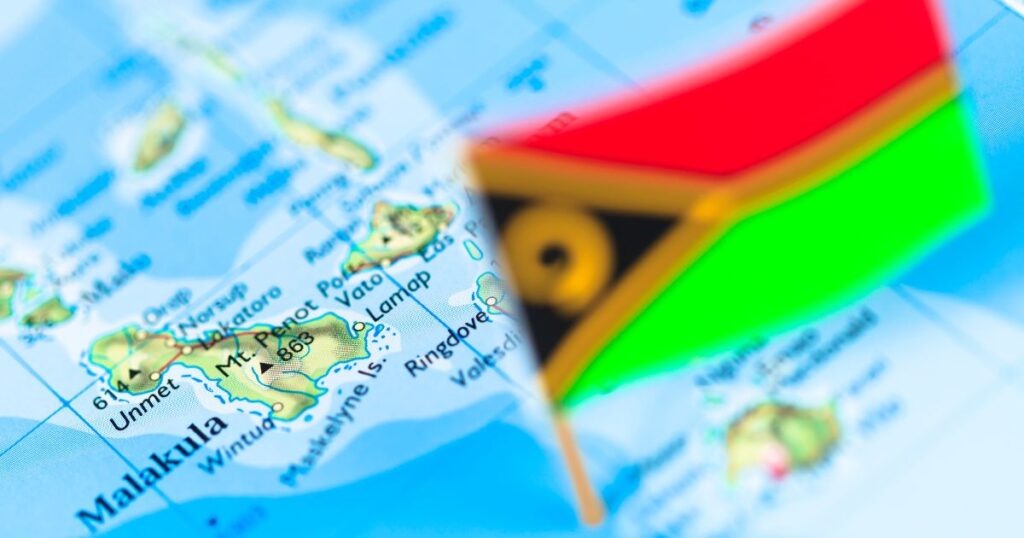A Growing number of Small countries operate so called Golden citizenship programs (aka CBI) luring investors who seek fluidity in keeping multiple citizenship. As of 2022, the number of such programs mushroomed to more than ten offering investment options in real estate or one time donation to state development fund.
The Citizenship 2.0 model (Yossi Harpaz) emphasises dual nationality as an important global asset. It focuses on an important yet overlooked dimension of globalization: the steady rise in the legitimacy and prevalence of dual citizenship.
The Global migration trends flows from lower income to higher income nations depending on push and pull factors. Demand for dual citizenship is particularly high in Latin America and Eastern Europe, where more than three million people have obtained a second citizenship from EU countries or the United States, with the aim aim is to gain a second, compensatory citizenship that would provide superior travel freedom, broader opportunities, an insurance policy, and even a status symbol. There has been a huge shift in how people view nationality as a global identity and acceptance of multiple citizenships (A Global citizen).
1. St Kitts and Nevis
St Kitts and Nevis (SKN) are pioneers in global mobility. With the development of the world’s first Citizen- ship by Investment Programme, in effect creating a new global industry around citizenship, SKN has demonstrated to the world that it thinks bigger than its borders. St. Kitts and Nevis re- launched its CIP under the banner of ‘Citizenship 2.0’. is the Platinum Standard for the CBI industry and is sustained by a desire to meet the needs and match the priorities of global citizens. In subsequent years, other countries followed St. Kitts and Nevis’ leadership; today, more than 40 countries offer CBI and RBI programmes, with the industry valued at approximately US$12 billion a year. The St. Kitts and Nevis’ passport ranks in the top two across the entire Caribbean, and in the top seven in the Western Hemisphere. Since its implementation in 1984, the longest-running Citizenship by Investment Programme (CIP) in the world has evolved to ensure an efficient and streamlined path to attain the world’s platinum standard passport.
2. Dominica
Dominica is recognised for many things, including its year-round sunshine, friendly inhabitants and delicious cuisine. But the small Caribbean island is undoubtedly best-known for something else: its incredible natural beauty. In fact, Dominica is so well-regarded for this that it’s even been dubbed the “Nature Island of the Caribbean”.
The Commonwealth of Dominica has been offering a Citizenship By Investment Programme (CBIP) since 1993, allowing reputable individuals and their families to enjoy all the benefits of being Dominican in exchange for a contribution to the nation’s future. Administered by Dominica’s Citizenship by Investment Unit (CBIU), the Programme is entrenched in the country’s legislation, and has allowed citizens from around the world to enjoy the security and freedom of belonging to a resilient and resourceful nation, in creating Global community for Global citizenships.
Being a citizen of Dominica is not just about belonging to the ‘Nature Isle of the Caribbean’ – an island of untainted and natural beauty. Dominica’s strong global network extends around the world. Dominica’s Government has recently committed to building the world’s first climate resilient nation, calling on investors around the world to assist in the development of sustainable projects and eco-tourism. Dominica will be at the forefront of the fight against climate change.
In an endeavour to reduce unemployment in the country, the Government of Dominica uses funds from its Citizenship by Investment (CBI) Programme to stimulate economic recovery for its citizens. The government-legislated programme is one of the oldest in existence and has been internationally recognized by experts
3. Grenada
The Citizenship by Investment Programme came into being in August 2013, when the Grenadian Parliament passed Act No. 15 of 2013, otherwise referred to as the ‘Grenada Citizenship by Investment Act, 2013.’ The stated objective of the Act is to “enable persons to acquire permanent residence and citizenship of Grenada by registration following investment in Grenada.”
Applicants may only make two types of investments to obtain citizenship or permanent residence:
1. National Transformation Fund ($150,000)
2. Real Estate Approved project in Grenada ($200,000)
Grenada’s Citizenship by Investment Programme has contributed significantly to the growth of our nation’s economy, and we expect it will continue to do so for many years to come. The inward investment it promotes has led to the creation of sustainable long-term employment, specialist training, and the general broadening of skills for numerous Grenadians. We aim to build a flourishing private investment market, and to watch the nation’s economy grow even more. Certainly, with its untouched nature, safe environment, and committed local workforce, Grenada is the ideal destination for individuals wishing to invest in tourism and other innovative ventures.
The main attraction of Grenada CBI program is E-2 visa to United States and Visa free regime with China/Russia/UK and Schengen states.
4. St Lucia
The Citizenship by Investment Act No. 14 of 2015 and the Citizenship by Investment Saint Lucia Regulations No. 89 of 2015 with their respective amendments, allows an eligible person to acquire citizenship of Saint Lucia pursuant to a successful application and upon the payment of a qualifying investment and signing the Oath of Allegiance.
An individual wishing to submit an application through the Saint Lucia Citizenship by Investment Programme:
- must be at least 18 years of age
- satisfy a minimum qualifying investment in one of four investment options
- provide details and evidence of the proposed qualifying investment
- pass a due diligence check along with their qualifying dependents over the age of 16
- provide full and frank disclosure on all matters pertaining to the application and
- pay the requisite non-refundable processing, due diligence and administrative fees.
Saint Lucia’s flagship Citizenship Investment Programme offers five key routes to acquire citizenship and a second passport of this stunning island:
- COVID-19 Bond Relief: Minimum investment US$250,000 (limited time offer)
- Government Bond Investment: Minimum investment US$500,000
- National Economic Fund Investment: Minimum investment US$100,000
- Real Estate Investment: Minimum investment US$300,000
- Enterprise Investment: Minimum investment US$3,500,000
Successful applicants receive immediate benefits, including a Saint Lucia passport that allows visa-free or visa-on-arrival travel to more than 146 countries.
The Saint Lucia Citizenship by Investment Programme undertakes robust due diligence during the application process, and works closely with its local and regional intelligence partners. This protects the integrity of the Saint Lucia passport – and its value to our applicants’ investments – and ensures that visa-free travel is maintained.
5. Antigua and Barbuda
The Antigua and Barbuda Citizenship by Investment Programme (CIP) was established following parliamentary assent to the Antigua and Barbuda Citizenship by Investment Regulations 2014.
The Regulations regarding Citizenship by Investment in Antigua and Barbuda are contained in Section 6 of the Citizenship by Investment Act, 2014. These provisions allow the government to operate a programme under which citizenship is granted to persons who qualify under criteria set by parliamentary decision.
The Citizenship by Investment Programme (CIP) requires a person to make a significant economic contribution to the Country. In exchange, and subject to stringent application procedures, including thorough background checks, the applicants and their families are granted citizenship. To qualify for citizenship, the primary applicant must be over 18 years of age, meet the application requirements and select one of the following three investment options;
- National Development Fund (NDF) – USD 100,000
- Real Estate Investment – USD 200,000
- University of West Indies Fund – USD 150,000
- Business Investor (sole) – USD 1.5 million
The Antiguan passport will be valid for a period of 5 years and will be considered for renewal subject to the recipient having spent a total of 5 days in Antigua and Barbuda, since gaining citizenship, within the 5 year period. The passport does not afford automatic voting rights and persons would need to qualify as outlined in the Representation of the People Act. The passport will afford the holder visa free travel to over 160 countries that includes Hong Kong, Singapore, U.K. and the Schengen Area.





